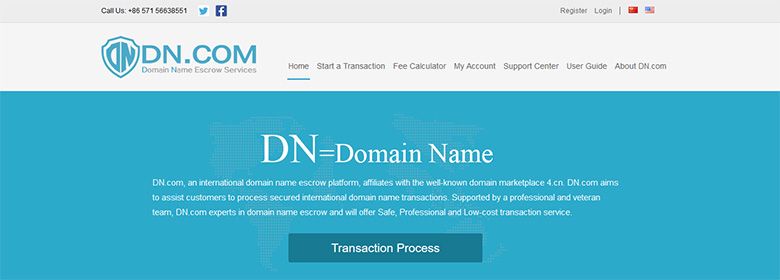Chinese domain escrow, DN.com, has announced that they are stepping up security measures to combat fraud.
The company’s announcement addressed domain theft and fraud as being rampant.
From now on, all DN.com accounts must be certified using an official form of identity, such as a police ID, a driver’s license or a passport.
Such security measures will be enforced on October 19, 2015.

The full announcement from DN.com follows:
Copyright © 2025 DomainGang.com · All Rights Reserved.We’re very excited to tell you that DN.com is getting even safer now! As some of you may already know, DN.com has been manually handling every domain name transaction to prevent transactions on stolen domains or dispute domains. Now we have decided to take a step further. From 19th October 2015, in order to conduct domain name transactions at DN.com, all accounts must be certified by providing account holders’ valid ID documents, i.e. copy of ID, driver’s license, or passport.
We know, we know, we know, ID documents are sensitive, and you might think it’s not necessary to provide ID documents to do transactions. However, we all know that the domain industry is under threat of domain name hijacking and fraud. Based on our experience, valid ID documents are one of the best and most powerful ways to verify the ownership of domain name(s). One may have multiple email addresses, but only one valid ID. We will make sure that your ID documents will be used exclusively for domain name transactions at DN.com.
It’s not our purpose to create obstacles for your transactions, but to eliminate the threats. At the same time, we are prepared that some of our valuable users might not accept this new rule, but to create a safer platform, we need to be willing to take the sacrifice for fulfilling a greater mission.
If you have any concerns, please don’t hesitate to contact us. And from now on, you can already submit your ID documents at https://www.dn.com/member/account/auth. You can continue doing transactions without verification at DN.com till 19th Oct, when new rule officially takes effect.












